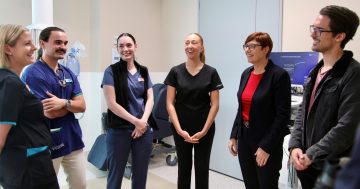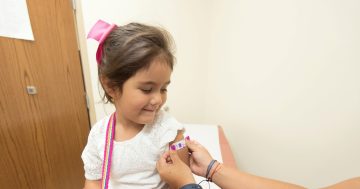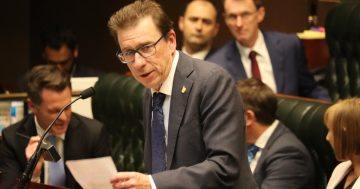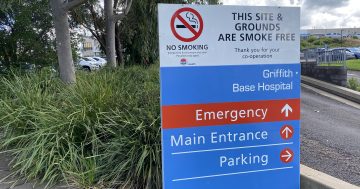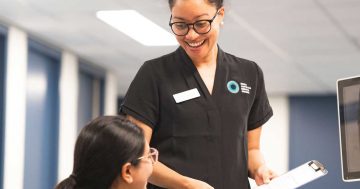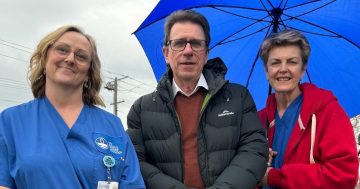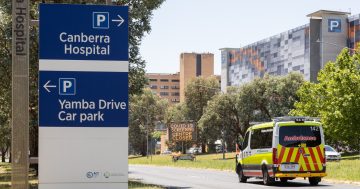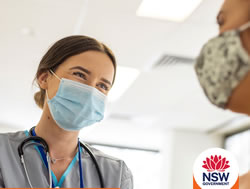 NSW Health took on more than 1,000 medical graduate interns last week, a record number of new starters and the most of any State or Territory.
NSW Health took on more than 1,000 medical graduate interns last week, a record number of new starters and the most of any State or Territory.
Announced by Premier, Dominic Perrottet, NSW Health increased the number of positions available this year with 1,073 interns joining the State’s health system, 32 more than last year.
“We owe a debt of gratitude to the intern class of 2022, many of whom have already worked either as Assistants in Medicine or student vaccinators as part of the COVID-19 workforce response,” Mr Perrottet said.
Minister for Health, Brad Hazzard welcomed the new interns and thanked them for their readiness to join their dedicated fellow health workers during such a pivotal time in the State’s history.
“Our selfless health heroes have worked tirelessly to keep the people of NSW safe and well throughout the enormous challenges of this one-in-one-hundred-year pandemic,” Mr Hazzard said.
“These new interns are starting their careers at a critical time in our battle against COVID-19 and will play a vital role in supporting existing health staff during our COVID-19 response,” he said.
Mr Hazzard said the interns were medical graduates who had completed their medical degrees and were required to complete a supervised year of practice in order to become independent practitioners.
The Minister said the new doctors would be entering a training program with networked hospitals throughout the State to receive on-the-job training.
“They receive two-year contracts to rotate between metropolitan, regional and rural hospitals to ensure the diversity of their experience,” he said.
“They also join different units in each hospital, including surgery and emergency medicine.”
Minister for Regional Health, Bronnie Taylor said of the 1,073 positions, 162 belonged to the Rural Preferential Recruitment Scheme, an increase of 12 positions compared with the previous year.
“The innovative Rural Preferential Recruitment Scheme allows interns to undertake the majority of their training in our rural hospitals, encouraging Junior Medical Officers (JMOs) to continue working in rural and regional NSW once they complete their training,” Mrs Taylor said.



